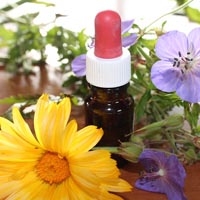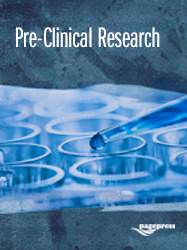A comprehensive review of phytochemical components as potential antidepressants

All claims expressed in this article are solely those of the authors and do not necessarily represent those of their affiliated organizations, or those of the publisher, the editors and the reviewers. Any product that may be evaluated in this article or claim that may be made by its manufacturer is not guaranteed or endorsed by the publisher.
Accepted: 7 November 2021
Authors
Depression is a heterogeneous mood disorder that has been classified and treated in a variety of ways. Despite the fact that a variety of synthetic medications are utilized as conventional treatment for clinically depressed patients, these drugs have side effects that can jeopardize the therapeutic outcome. In recent decades, there has been a rise in research and interest in the psychopharmacology of natural treatments. Thus, it’s worthwhile researching for antidepressants derived from plants that have a demonstrated effect and a favorable benefit-to-risk ratio. By virtue of their medicinal constituents, a variety of medicinal plants and medicines produced from these plants have exhibited antidepressant properties. As a result, major pharmaceutical companies are currently researching plant materials extensively for their possible medical benefit. Depression is caused by low levels of monoamines such as noradrenaline, dopamine, and serotonin in the brain. Therefore, treatments that restore lowered levels of these monoamines in the brain by blocking monoamine oxidase or decreasing reuptake of these neurotransmitters could be beneficial in the treatment of depression. The current review focuses on medicinal plants and plant-based formulations that have been shown to have antidepressant effect in both animal and human studies.
How to Cite

This work is licensed under a Creative Commons Attribution-NonCommercial 4.0 International License.






